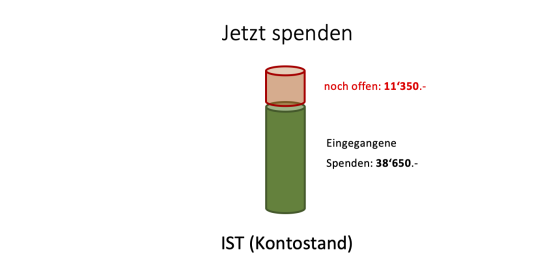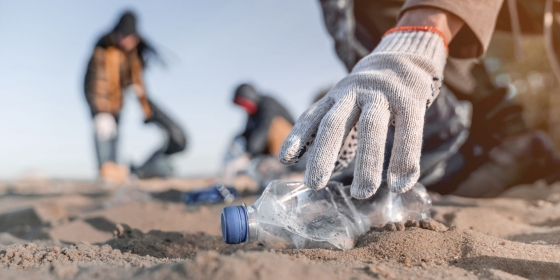END PLASTIC SOUP
The idea behind Mare Nostrum
The Mare Nostrum - End Plastic Soup association was established by the initiative of several Rotarians from the Basel area. The pollution of the environment, especially the world's oceans, by plastic waste has reached a gigantic scale that we can no longer accept. This disaster is man-made. Therefore, we must act, and we must act quickly and effectively. Support our initiative!
CURRENTLY: Fundraising campaign for One Earth - One Ocean

Support Mare Nostrum now until April 30, 2024, with your donation and help purchase a 'SeaHamster' for the Mekong Delta. Details about this project and donation link >> OEOO

Where and how we get involved
The scale is gigantic!
Every year, around 300 million tons of plastic are produced worldwide. About 11 million tons of this end up in the environment without proper control. A significant portion of plastic waste ends up in water bodies, especially in the world's oceans. Only 6% of the plastic waste in the oceans is visible. The rest sinks to the seabed, causing enormous harm to the environment. We must act quickly to stop this trend! Join us in helping!
read further

The recycling rates must be significantly increased!
It's not plastic as such that's the problem, but rather how we handle it. The average recycling rate for plastic produced since 1950 was only 6%. In Switzerland, this rate was only 8% in 2021 (!). In the spirit of a regenerative economy, we must reduce plastic consumption significantly in the future, keep produced plastic in circulation longer, and substantially increase the recycling rate in all areas of application. Join us in making a difference!
read further

Plastic consumption in Switzerland
Around one million tons of plastics are consumed annually in Switzerland, which amounts to 125 kg per person. Of this, approximately 250,000 tons remain as durable products in use for extended periods (e.g., plastic window frames). Annually, about 780,000 tons of plastic waste are generated. Over 80% of this is incinerated in waste-to-energy plants, and slightly over 6% is incinerated in cement kilns. Only 80,000 tons are recycled. Help us significantly reduce plastic consumption!
read further



